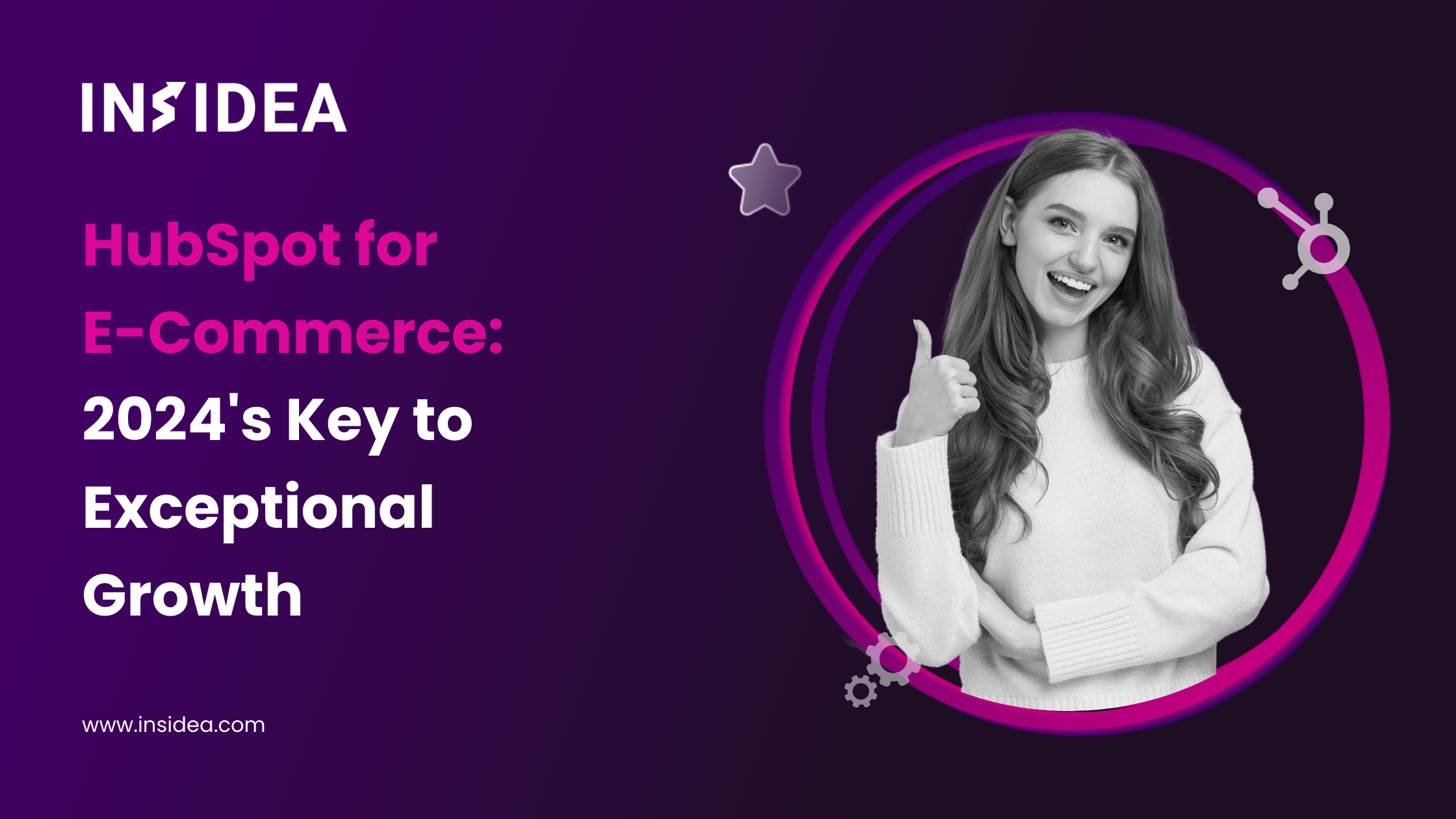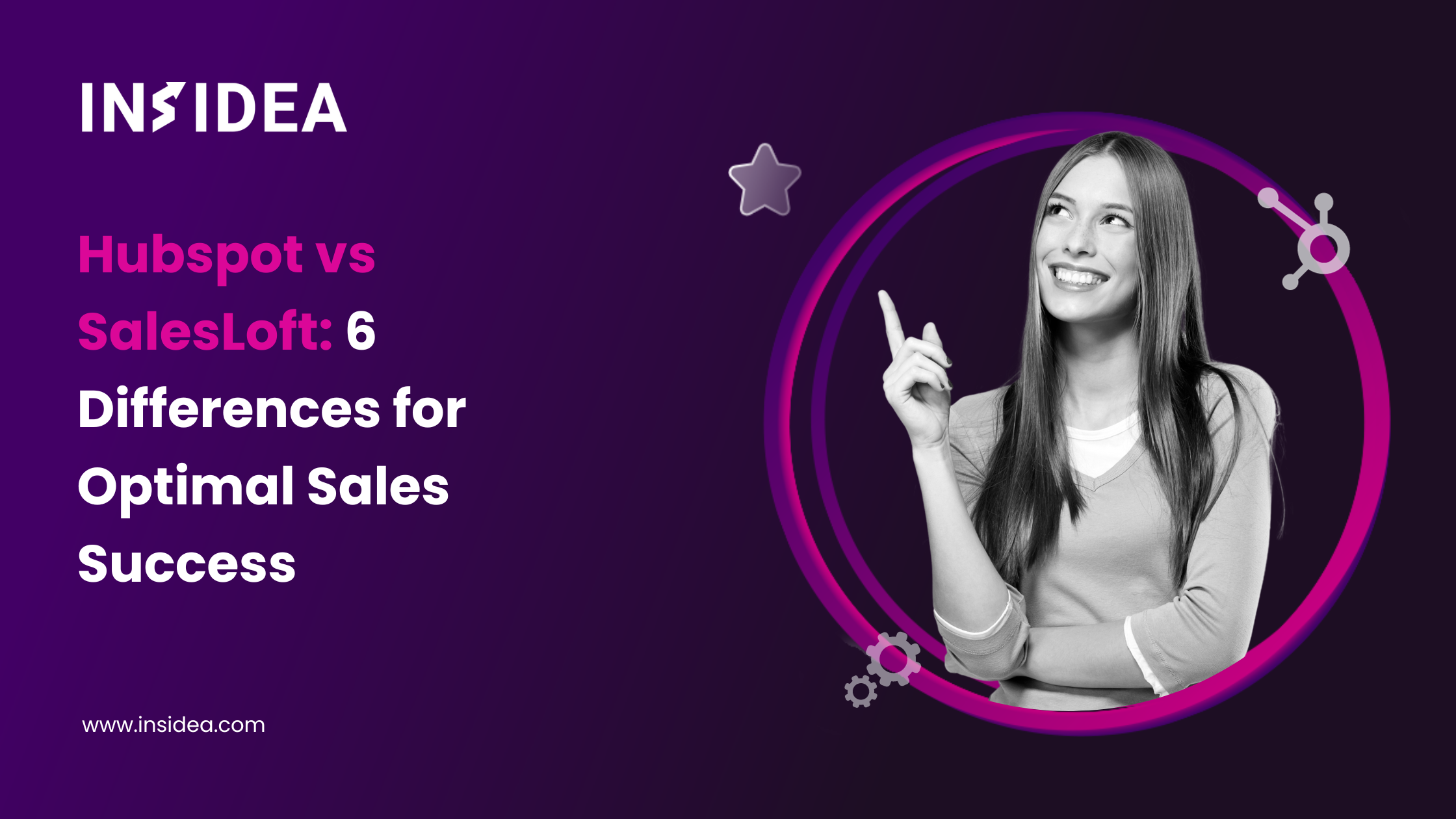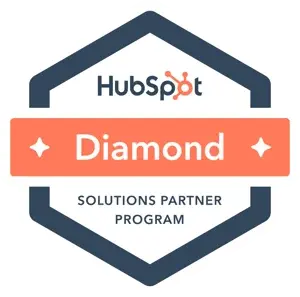
HubSpot for E-Commerce: 2024’s Key to Exceptional Growth
E-commerce is rapidly becoming the go-to shopping method for consumers worldwide. With this shift, the need for effective and integrated marketing and sales strategies has never been more critical. Using HubSpot for e-commerce can prove powerful as it is an online platform that seamlessly blends marketing, sales, customer service, and CRM tools. This all-in-one solution is not just about managing your online store; it’s about transforming it. HubSpot stands out as a strategic solution for e-commerce businesses, offering a range of integrations that elevate brand authority, enhance lead generation, and refine audience targeting. Its user-friendly interface and comprehensive features completely control your e-commerce activities, all from a single platform. But why should you consider using HubSpot for e-commerce needs? Well, CRM software, like HubSpot, can boost e-commerce revenue by an average of 41% per salesperson. Moreover, businesses utilizing CRM systems report three times higher customer satisfaction rates. These figures highlight the significant impact HubSpot can have on your e-commerce operations, from streamlining the buyer’s journey to supercharging your conversions and sales. So, let’s dive into the world of HubSpot for e-commerce and explore how it can be the game-changer your online business needs. The Benefits of Utilizing HubSpot for E-Commerce In




























